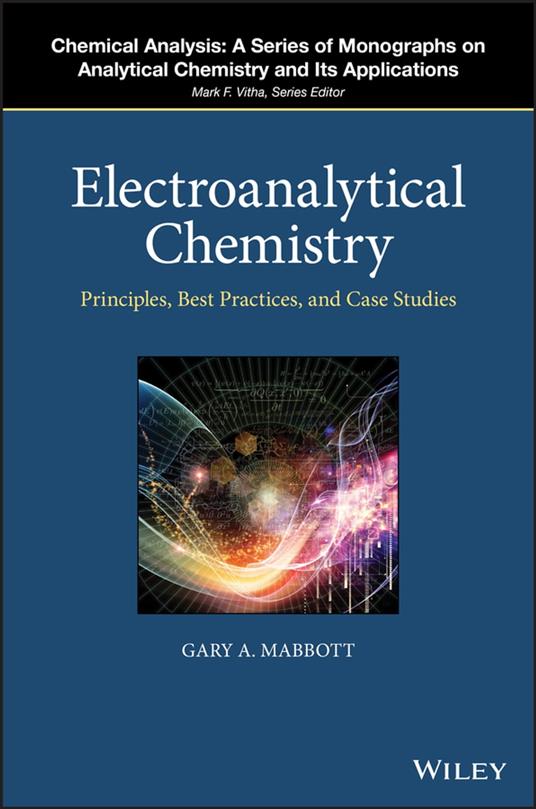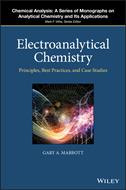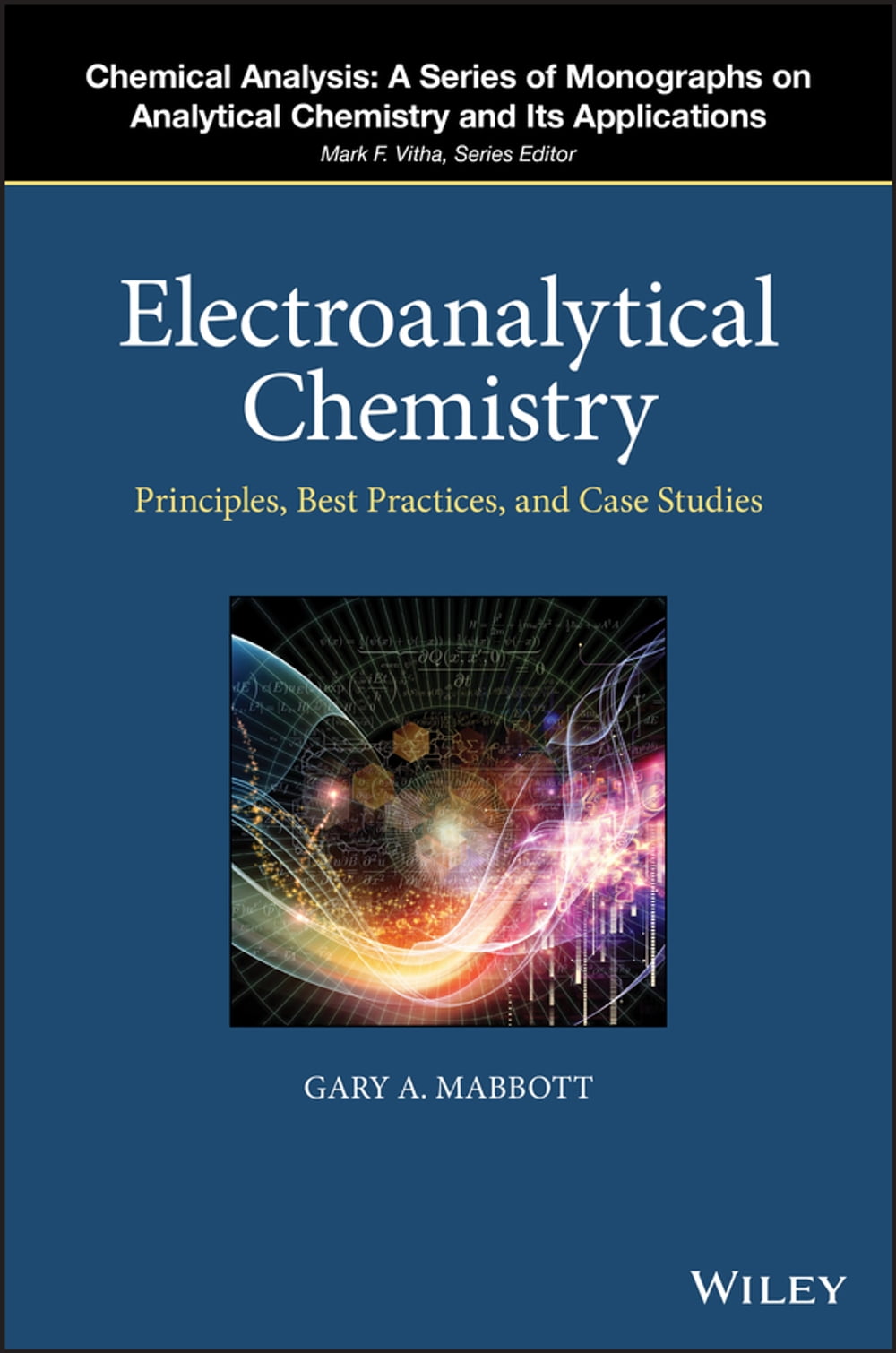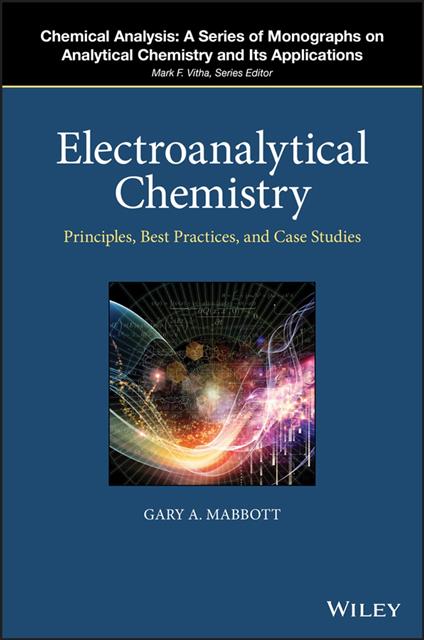Electroanalytical Chemistry
Provides a strong foundation in electrochemical principles and best practices Written for undergraduate majors in chemistry and chemical engineering, this book teaches the basic principles of electroanalytical chemistry and illustrates best practices through the use of case studies of organic reactions and catalysis using voltammetric methods and of the measurement of clinical and environmental analytes by potentiometric techniques. It provides insight beyond the field of analysis as students address problems arising in many areas of science and technology. The book also emphasizes electrochemical phenomena and conceptual models to help readers understand the influence of experimental conditions and the interpretation of results for common potentiometric and voltammetric methods. Electroanalytical Chemistry: Principles, Best Practices, and Case Studies begins by introducing some basic concepts in electrical phenomena. It then moves on to a chapter that examines the potentiometry of oxidation-reduction processes, followed by another on the potentiometry of ion selective electrodes. Other sections look at: applications of ion selective electrodes; controlled potential methods; case studies in controlled potential methods; and instrumentation. The book also features several appendixes covering: Ionic Strength, Activity and Activity Coefficients; The Nicolsky-Eisenman Equation; The Henderson Equation for Liquid Junction Potentials; Selected Standard Electrode Potentials; and The Nernst Equation Derivation. Introduces the principles of modern electrochemical sensors and instrumental chemical analysis using potentiometric and voltammetric methods Develops conceptual models underlying electrochemical phenomena and useful equations Illustrates best practice with short case studies of organic reaction mechanisms using voltammetry and quantitative analysis with ion selective electrodes Offers instructors the opportunity to select focus areas and tailor the book to their course by providing a collection of shorter texts, each dedicated to a single field Intended as one of a series of modules for teaching undergraduate courses in instrumental chemical analysis Electroanalytical Chemistry: Principles, Best Practices, and Case Studies is an ideal textbook for undergraduate majors in chemistry and chemical engineering taking instrumental analysis courses. It would also benefit professional chemists who need an introduction to potentiometry or voltammetry.
-
Autore:
-
Anno edizione:2020
-
Editore:
-
Formato:
-
Lingua:Inglese
Formato:
Gli eBook venduti da Feltrinelli.it sono in formato ePub e possono essere protetti da Adobe DRM. In caso di download di un file protetto da DRM si otterrà un file in formato .acs, (Adobe Content Server Message), che dovrà essere aperto tramite Adobe Digital Editions e autorizzato tramite un account Adobe, prima di poter essere letto su pc o trasferito su dispositivi compatibili.
Cloud:
Gli eBook venduti da Feltrinelli.it sono sincronizzati automaticamente su tutti i client di lettura Kobo successivamente all’acquisto. Grazie al Cloud Kobo i progressi di lettura, le note, le evidenziazioni vengono salvati e sincronizzati automaticamente su tutti i dispositivi e le APP di lettura Kobo utilizzati per la lettura.
Clicca qui per sapere come scaricare gli ebook utilizzando un pc con sistema operativo Windows



